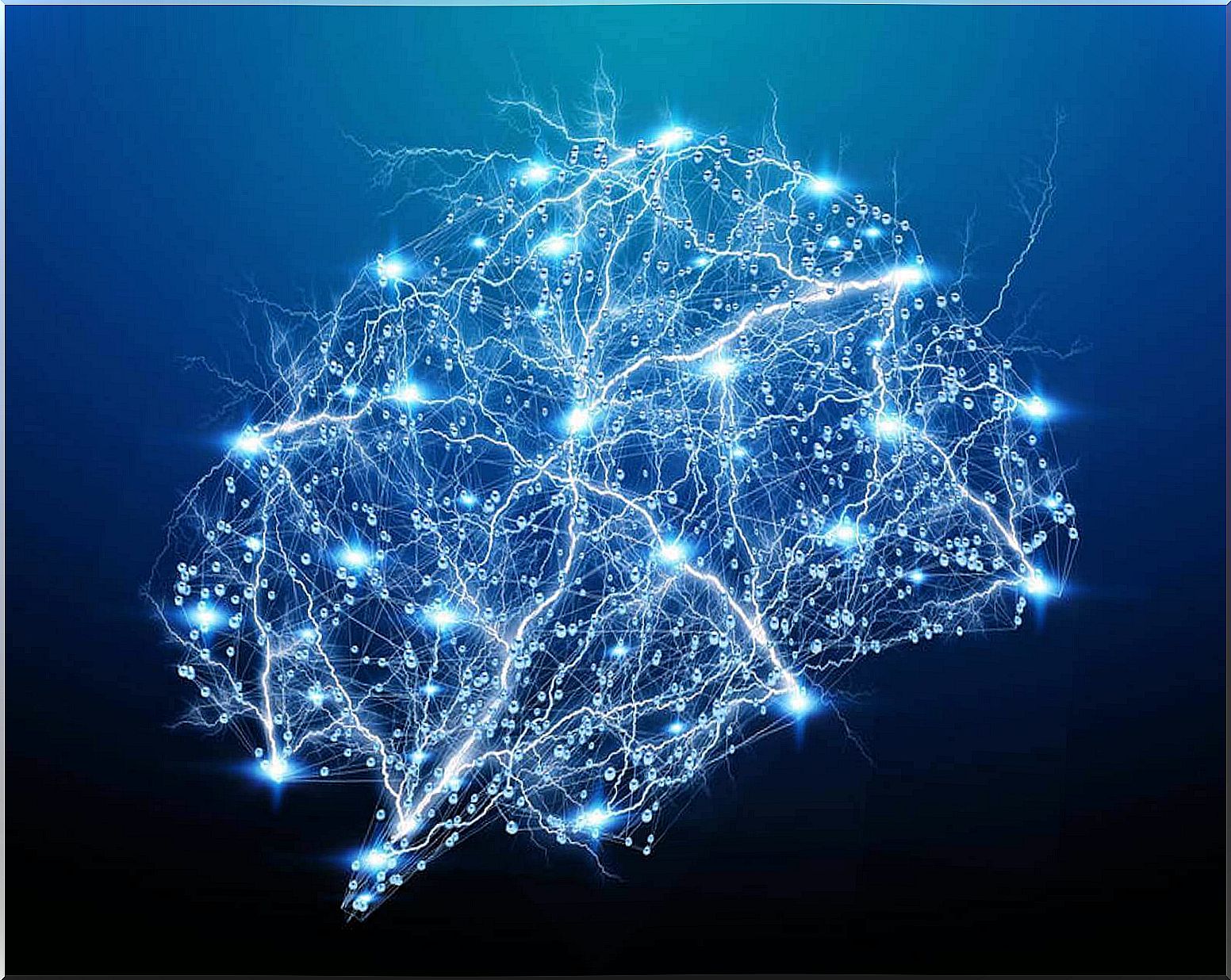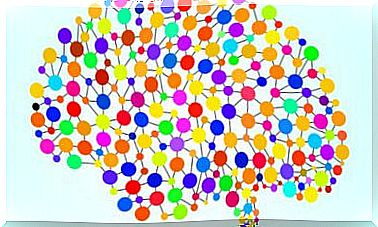How Jazz Affects The Brain

Music inspires us, motivates us and accompanies us throughout our lives. Music is movement, it has the ability to move us from one mental state to another, influencing our mood and even cognitive functions. It is a resource of great value; It has been used in music therapy in children, in surgical procedures and in neurorehabilitation. Today in particular, we will talk about jazz.
There are numerous studies that report the benefits of music for our health. Specifically, jazz has been studied in neuroscience for having the ability to influence our neural circuits. In addition, it has been shown to be related to creativity. Musicians of this musical style develop a specific brain activity when they improvise or play jazz.

The benefits of jazz
From neuroscience, it has been demonstrated the positive effects that jazz has on the brain, both for those who play this type of music and for those who listen to it .
In general terms, it can be said that jazz sharpens the ability to concentrate, increases creativity and strengthens traits such as leadership, innovation, courage, as well as the ability to adapt to new situations.
In relation to sleep, listening to soft jazz slows down the production of norepinephrine, a neurotransmitter that is triggered in stressful situations; which leads to a pleasant sleep. Likewise, in a study it was revealed that patients who listen to quiet jazz after an operation, need fewer medications that provide peace of mind to the patient.
On the other hand, jazz has the ability to reduce stress, lowering the levels of the hormone cortisol. Like listening to music in general, listening to jazz increases the levels of oxytocin – a neurohormone related to bonds and love – as well as the levels of dopamine, the neurotransmitter of pleasant sensations.
Other studies showed that listening to jazz for 30 minutes increases immunoglobulin levels. On the other hand, playing jazz for the same amount of time increases immunoglobulin A levels, remaining high for another half hour after playing.
Jazz and brain activity
One of the most relevant findings found by Dr. Limb and his team is that the brain areas that were activated while musicians played jazz are areas of communication. Specifically, areas of the brain involved in the syntax, such as the inferior frontal gyrus and the superior temporal gyrus, were activated . On the other hand, brain structures related to semantic processing, called angular gyrus and supramarginal gyrus, were deactivated.
On an emotional level, it has been shown that people who listened to one hour of jazz a day for a week, reduced depressive symptoms by 36%. It also decreased by 26% in pain symptoms in those who suffered from chronic pain, increasing pain by 2% in those who did not listen to jazz.
Likewise, listening to jazz has been shown to decrease the duration and severity of a migraine, as well as pain in general. Music therapy has also been shown to be effective for labor pains, as listening to jazz after a stroke has positive effects on neurorehabilitation such as verbal memory and mood.
In addition, the pain relieving effect of listening to jazz has been demonstrated. Music influences the body, generating dopamine, a neurotransmitter that helps reduce the intensity of pain, as well as endorphins.
Improvisation and creativity
The study carried out at Johns Hopkins University in the United States consisted of monitoring the brain activity of jazz pianists while they improvised. The results showed that the brain areas that promote creativity were intensely activated when the musical changes typical of this genre took place.
In addition, other studies revealed that musicians who play jazz have activated brain areas that allow expression and areas that limit it are turned off. When musicians improvised – a skill closely related to creativity – the medial prefrontal cortex, an area of the brain that allows humans to express ourselves, was activated.
On the other hand, the dorsolateral prefrontal cortex – the brain area responsible for inhibition, self-control and self-criticism – was deactivated. For this reason, these studies showed that jazz musicians have quick access to the brain area responsible for creative flow and, therefore, tend to have highly developed creativity.

What’s more, when musicians improvised it was found to activate the areas of the brain related to adventure and danger, always posing a challenge for musicians . Thus, these studies showed that jazz musicians have fast access to the brain area responsible for the creativ flow or. When musicians improvised, areas of the brain related to adventure and danger were activated, always posing a challenge for the musicians.
Likewise, jazz has been shown to influence health and physical activity. Several studies showed that athletes who listened to jazz during training had better results than those who listened to other musical genres.
In short, music and specifically jazz provide numerous benefits both in terms of physical and mental health. The neuronal circuits of jazz show that this type of music is a form of communication, both musically and emotionally. Therefore, regardless of musical tastes, we can say that it is beneficial to listen to this type of music and integrate it into our lives.









